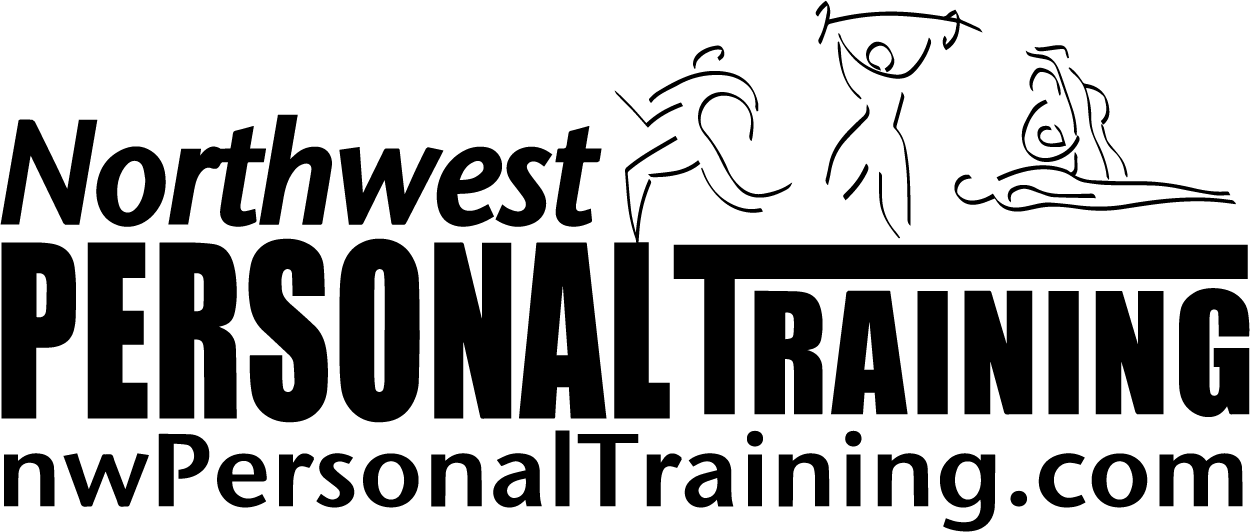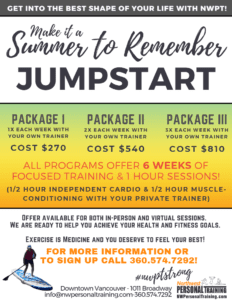Let’s face it, nutrition is confusing.
Some experts advocate for the scientifically proven benefits of a strict vegan diet, others commit to different levels of vegetarianism, some promote the importance of a high-protein diet including meats and dairy, others preach of the benefits of a keto approach, some swear by intermittent fasting, some eat starchy carbs, and others avoid carbs and gluten altogether. Our world’s approach to nutrition is all over the map. It’s easy to understand why the public might be confused when the experts can’t even agree on one solid approach to nutrition.
Instead of focusing on how each of these approaches differ, it is very helpful to focus on where and how they are similar. It’s important to note that it’s unlikely that the same approach to nutrition will work for everybody so you do need to pay attention to what works for YOU. Some people need more protein while others need more carbs. That’s why most nutrition plans offer ranges so you can experiment and figure out the best plan for you.
Here are the common denominators for most nutrition plans and a great place to start for most people:

Hydration
It is clear that the average American would benefit by increasing water intake. Proper hydration is required for all cells, tissues, and organs to function effectively.
Include all macro-nutrients
Protein, carbs and fats are all critical for proper functioning of your entire body. The amount of each that you need for optimal health is where the debate begins. With that said, any nutrition plan that has you eliminate or severely restrict any of these macronutrients can pose long-term health risks.
Focus on plants
No one can argue that a predominantly plant-based diet is healthy. If you increase your intake of vegetables, you will typically improve your overall health.
Eat as organically and local as possible
It is obvious that the quality of food is greater if you eat food that is grown right here in our area versus being shipped across continents over weeks and months in unpredictable conditions. Yay for our local famer’s markets! Eat food that is as pure as possible minimizing chemicals, anti-bodies, and hormones. If you choose to eat animal products, choose meat/dairy from animals that have been fed naturally and allowed to roam vs being caged in inhumane conditions.
Minimize processed foods
Clearly food that is not as processed is going to be healthier. If you can’t read any of the ingredients that’s a red flag.
Control your portions
Our supersize society is causing major havoc on our health. Sometimes you don’t need to change what you’re eating as much as how much you are eating. A simple guideline to caloric intake per day is 10-12 calories per pounds of goal body weight. Start there and gauge your energy levels and results and adjust as needed..
Plan and prep your meals
When you are not prepared and go extended periods of time without eating nutritious foods, we’re more tempted to make poor choices. A healthy nutrition plan will involve an organized approach to assure you create a lifestyle that promotes success.
There is a lot that experts agree on, but when it comes to meat, dairy, fats and starchy carbs, opinions differ. So, how should you proceed?
Focus on the basics and the areas that experts agree on and make personal choices about the other items.
Yours in health & fitness,
Sherri McMillan


